The Impact of Kids Ride on Car on Healthy Child Development
As parents and caregivers, we constantly seek ways to support our children’s healthy development. While various factors play a role, did you know that a simple, yet fun, addition to their daily routine can have a significant impact? In this article, we’ll explore how kids ride on car can contribute to children’s psychological and developmental well-being.
Motor Skills and Physical Development with Kids Ride on Car
Enhancing Motor Skills
One of the primary benefits of kids ride on car is their role in enhancing motor skills. As children learn to steer, accelerate, and brake, they develop crucial coordination, balance, and fine motor skills. Riding these mini vehicles mimics the actions required for driving later in life, and the process of mastering these skills can boost a child’s confidence and sense of accomplishment.
Building Self-Esteem
Children thrive when they have opportunities to master new skills. Riding a mini car provides them with a tangible sense of achievement as they gain control and navigate their environment. This boost in self-esteem can positively impact their overall self-image and willingness to tackle new challenges.
Encouraging Independence
Kids ride on car offers children a taste of independence. As they zoom around, they make decisions, solve problems, and exercise their creativity. This independence fosters a sense of autonomy and self-reliance, important attributes for healthy psychological development.
Boosting Cognitive Skills
Ride on toys require children to pay attention to their surroundings, make decisions about where to go, and anticipate potential obstacles. This mental engagement boosts cognitive skills such as problem-solving, spatial awareness, and decision-making.
Stress Reduction and Emotional Outlet
Riding a kids car can be a great stress reliever for children. It offers them a fun and physical outlet to release pent-up energy or frustration, which can contribute to better emotional regulation. Moreover, it allows them to disconnect from screens and engage in a form of active play that promotes relaxation.
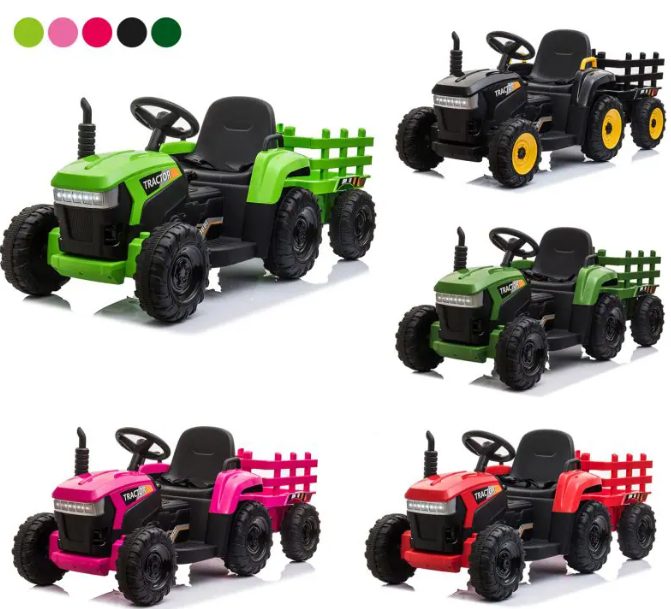
Social and Emotional Growth with Kids Ride on Car
Social and Emotional Growth
Riding a kids car can be a social activity too. Children often enjoy sharing their cars with friends or siblings, fostering social interaction and cooperation. Additionally, learning to navigate spaces and share the road with others helps children develop emotional intelligence, empathy, and patience.
Confidence on the Road
As children become more proficient in operating their ride on toys, they develop a sense of confidence on the “road.” This newfound confidence can extend beyond playtime and positively impact their willingness to explore new environments and take on challenges in real-life situations.
Family Bonding
Parents and caregivers can actively participate in their children’s playtime with ride on cars. This shared experience not only strengthens the parent-child bond but also serves as an opportunity for teaching valuable life lessons about safety, responsibility, and teamwork.
Goal Setting and Achievement
Parents can encourage goal setting with kids ride on car. For instance, challenging children to navigate a specific route or complete an obstacle course can teach them about setting objectives and working toward achievements. These early lessons in goal setting can have long-lasting benefits in their lives.
Emotional Resilience and Risk Management
Occasional bumps or minor accidents while riding a kids car can provide valuable lessons in emotional resilience. Children learn how to cope with setbacks, manage frustration, and assess risks in a controlled environment. These skills can prove invaluable in real-life situations.
Kids Ride on Car Promotes Cognitive Development and Learning
Imaginative Play and Storytelling
Kids ride on car often becomes a vehicle for imaginative play and storytelling. Children create narratives and scenarios as they drive, which stimulate their creativity and storytelling abilities. This imaginative play contributes to language development and the ability to express ideas effectively.
Adaptability and Problem Solving
Riding a kids car often involves navigating different terrains and overcoming small obstacles, such as bumps or uneven surfaces. This challenges children to adapt to changing conditions and use problem-solving skills to maneuver effectively. These experiences contribute to their cognitive development and ability to adapt to new situations.
Transition to Real Vehicles
As children become proficient in using ride on cars, they gain a better understanding of how vehicles work, including steering, acceleration, and braking. This knowledge can be beneficial when they eventually transition to real vehicles, as they already possess a foundational understanding of driving principles.
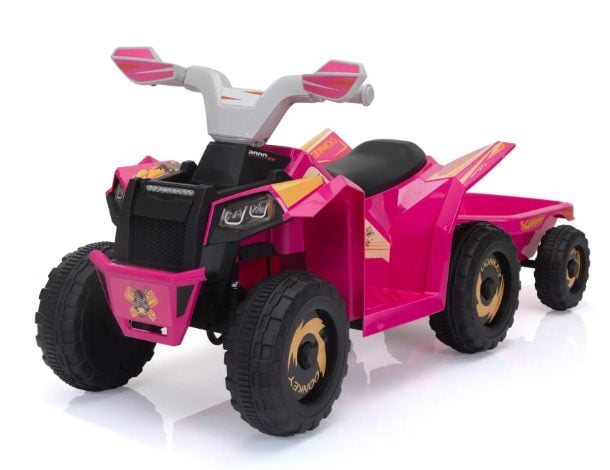
Environmental Awareness and Values
Eco-Friendly Learning
Many kids ride on cars today are designed to resemble eco-friendly vehicles. Using them can introduce children to the concepts of sustainability and environmental consciousness from an early age. Parents can use this opportunity to discuss the importance of protecting the planet.
Encouraging Outdoor Exploration
Ride on cars motivate children to explore outdoor spaces, whether it’s the backyard, park, or sidewalk. Outdoor exploration fosters a connection with nature and the world around them, promoting a sense of wonder and curiosity.
Celebrating Milestones
Finally, parents can celebrate their child’s developmental milestones achieved through the use of ride on cars. Whether it’s their first successful U-turn or their longest ride yet, these accomplishments become cherished memories and opportunities for praise and encouragement.
Encouraging Outdoor Play
In today’s digital age, getting children outdoors and active can be a challenge. Ride on cars provide a compelling reason for kids to spend more time outside, breathing fresh air, and soaking in the benefits of nature. Outdoor play is associated with improved mental health and reduced stress.

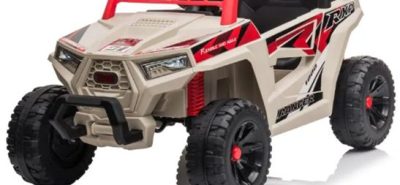
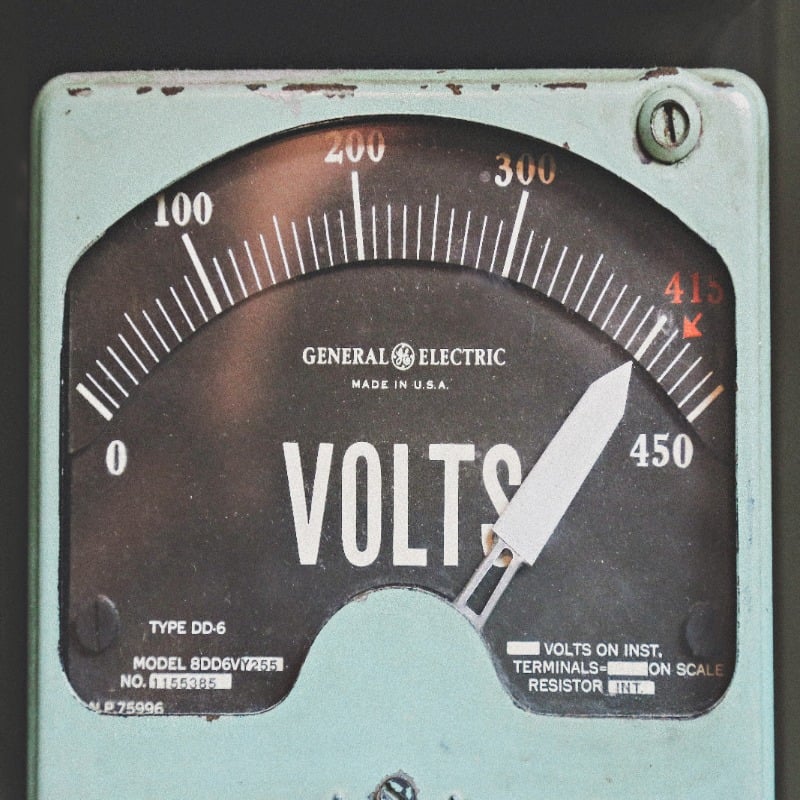

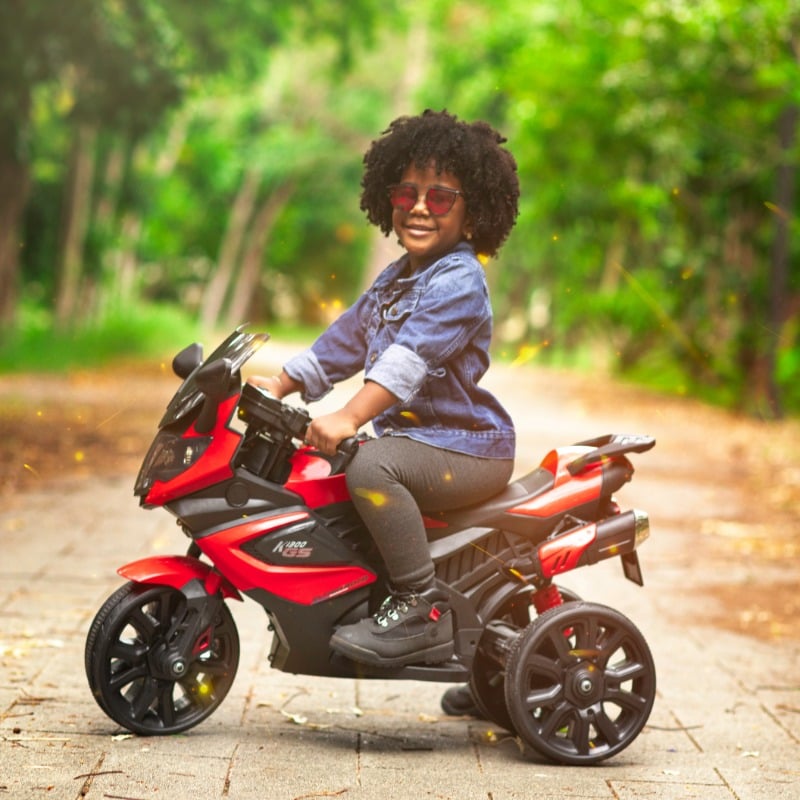

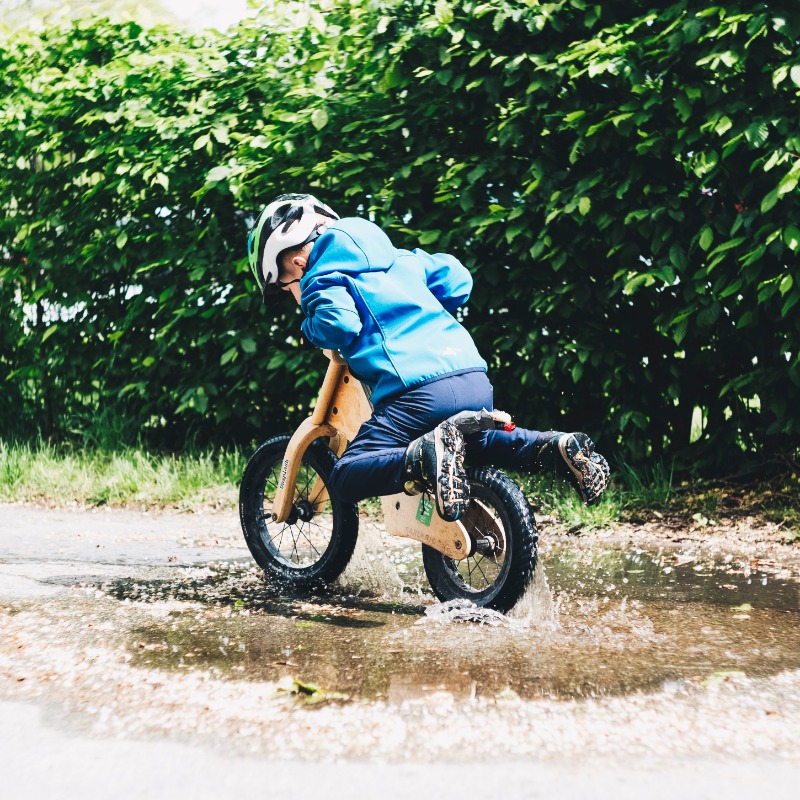
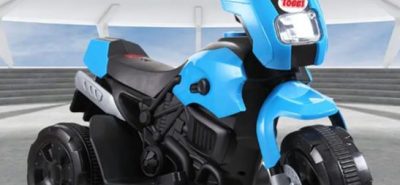
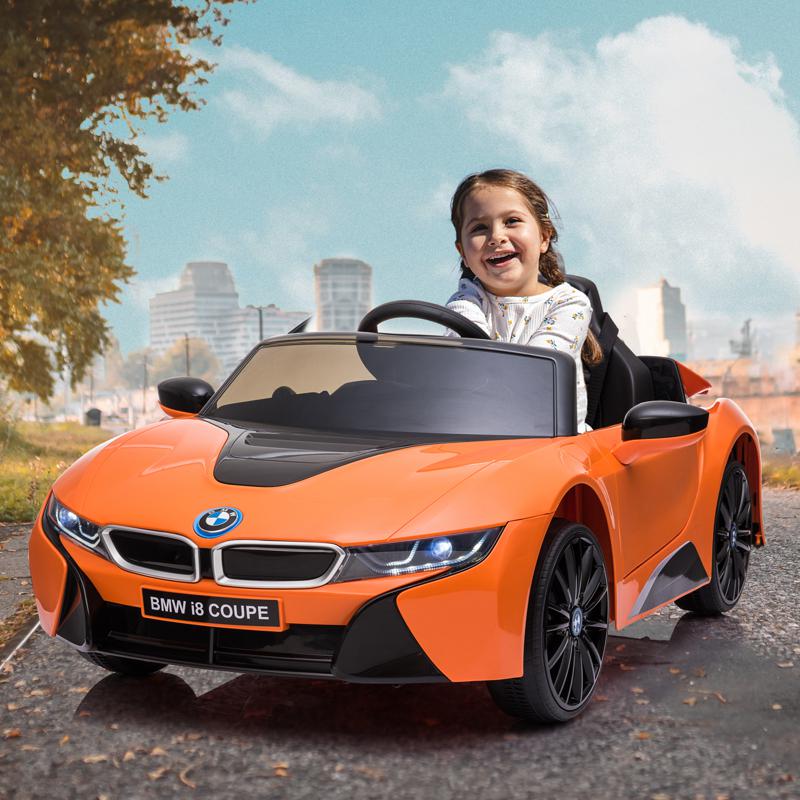
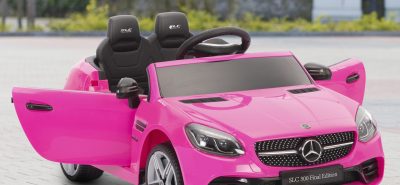
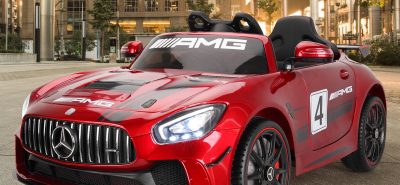
LEAVE A COMMENT
You must be logged in to post a comment.